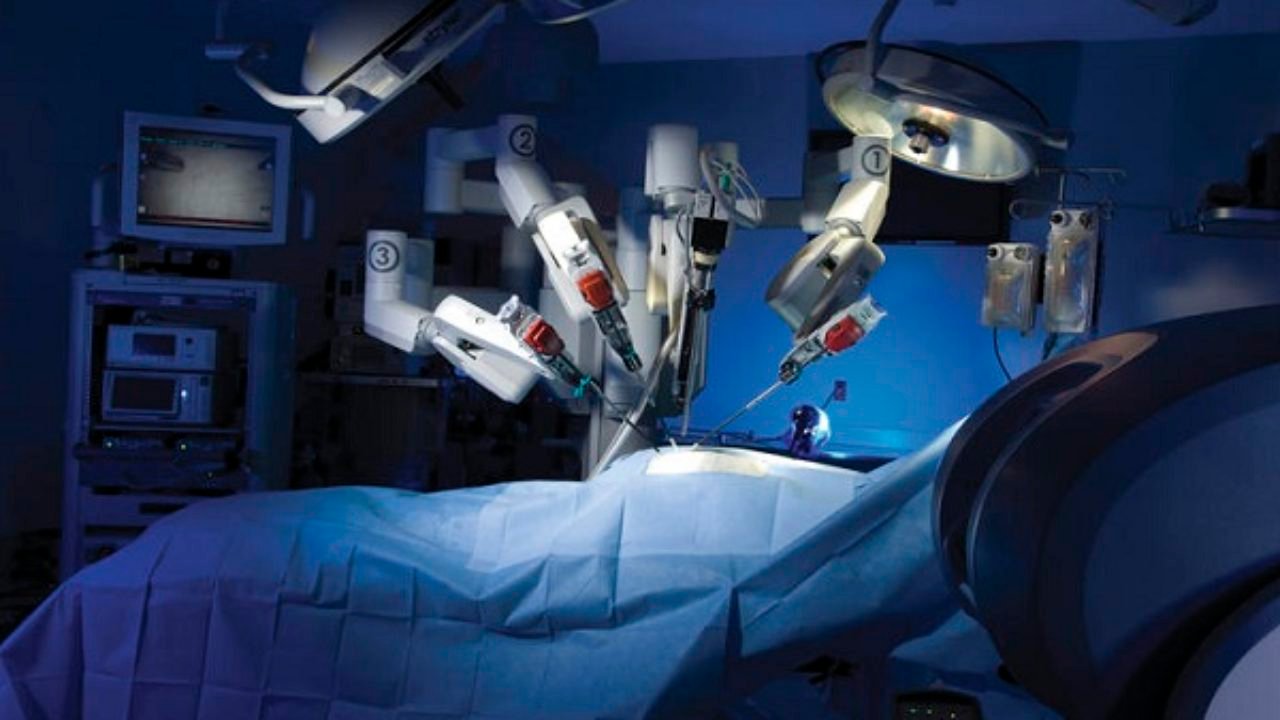Leading hospitals in India including Tata Memorial, Apollo Hospitals, Rajiv Gandhi Cancer Institute, and Manipal Hospitals are turning to robots to clear the backlog of elective surgeries that had to be put on hold after the COVID-19 outbreak to reduce the risk of exposure to patients and doctors.
Robotic-Assisted Surgery (RAS) is a surgical procedure that involves robotic instruments to treat patients with diseases such as colorectal cancer. As opposed to the traditional surgical methods, robotic surgeries are deemed less “painful” with “fewer complications”.
Though RAS (robotic-assisted surgeries) has been around for many years, the usage has been occasional. Post COVID-19, the fear of crowded spaces and a higher risk of infection due to prolonged stays in hospitals is making patients seek out robotic surgeries as an alternative to traditional open surgeries.
In March, the ministry of health and family welfare issued an advisory, urging hospitals across the country to put all non-essential elective surgeries on hold. This led to a backlog of surgeries. CovidSurg Collaborative, an international research consortium, has estimated that 5,05,800 elective surgeries including 51,100 cancer surgeries and 27,700 obstetric surgeries were delayed or canceled in India due to the imposition of lockdown and fear of infection.
Traditional surgeries involve a large team of doctors that have to operate for long hours and use hundreds of instruments for the completion of one surgery.
To avoid the further backlog of surgeries, SAGE and Associations of Robotic consortium discussed new methods of conducting surgeries in the new COVID-19 era. They compared traditional methods of surgery to robotic-assisted surgery and found that robotics had several benefits that were proving to be beneficial during COVID-19.
For instance, RAS involves just 4 instruments and a very small team of medical professionals in the operating room.
The procedure however is less painful and causes less blood loss as the wound is just a few millimeters in the subcuticular. Patients recover faster from the surgery, leading to early discharge.
Robotic surgeries are also more convenient for doctors and allow them to perform many surgeries in a single day without feeling fatigued. The surgeries are performed by robotic arms controlled by a doctor sitting at a remote console with access to 12 times magnified 3D view of the surgery.

